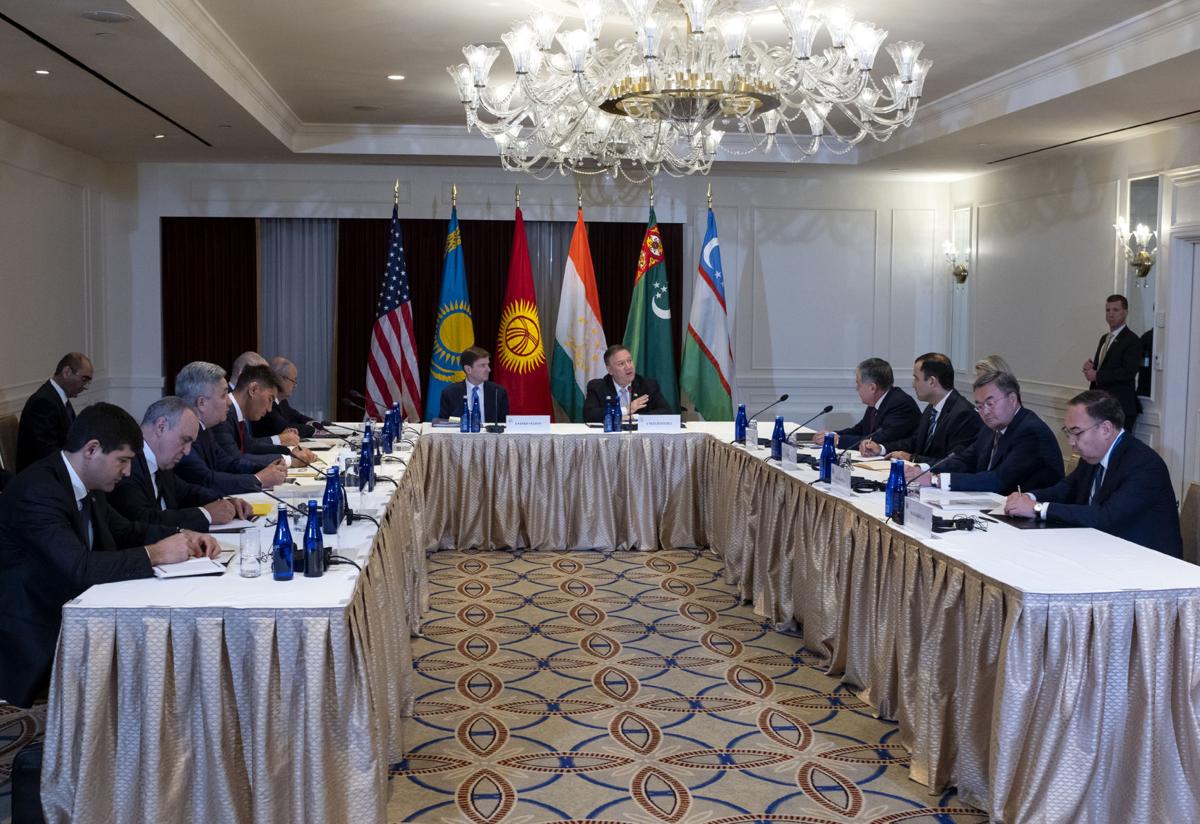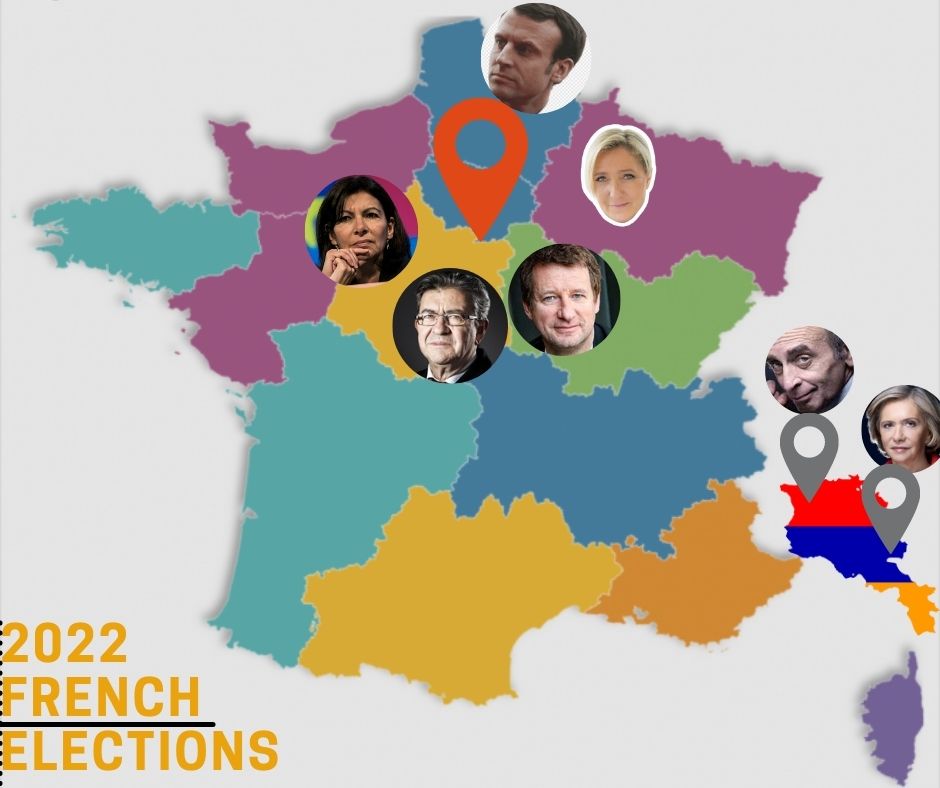With its “Eastern Partnership Program” directed at three eastern European countries of former Soviet Union geography (Belarus, Moldova and Ukraine) and three of the Caucasus (Georgia, Armenia and Azerbaijan), the European Union (EU) continues to exhibit a privileged and favorable approach to Armenia. Initialing two key agreements between the EU and Armenia is announced to take place at the EU Eastern Partnership summit to be held in Vilnius, capital of the rotating chair of the EU, Lithuania in November. They are: the “Associative Agreement” and “Deep and Comprehensive Free Trade Zone Agreement”.
It appears that the EU chooses to overlook the very serious hurdles emanating from its own principles as well as international law that stand on the way to establishing comprehensive cooperation and partnership relations with Armenia. The EU Commissioner responsible for enlargement, at a press conference held in Armenia on 10 July, stated that Armenia had to conduct internal reforms such as democratization, protection of human rights, involvement of civil society in the political life, rule of law, free speech and good governance as condition for the agreements. On the other hand, further to the internal deficiencies, the omission of any reference to the military occupation of one fifth of the territories of its neighbor Azerbaijan for the past twenty-one years, the ethnic cleansing of the occupied territories, forced migration of local inhabitants and the absence of a call to put an end to the continuation of these policies was, to say the least, disappointing.
This unprincipled approach actually reflects the vulnerability of the EU. It has neither leverage to press on Armenia nor any remedy to solve its problems. The country with that potential is Russia. In the spheres of military, security, economy, EU is no match for Russia. Russia and Armenia have between them an agreement of strategic partnership. Armenia is member of the Russian led collective security organization, the CSTO. The largest numbers of Armenian minority live in Russia. Such data can be further extended. At present Armenia is under pressure to join the Russian led prospective Eurasian Union. It should be recalled that this union was likened by the former US Secretary of State to a new effort by Russia to form a new version of the Soviet Union. Hence the perception now is that the EU, on behalf of the West, tries to appeal to Armenia with a view to make a dent in the formation of that union.
No doubt Armenia enjoys the turn of events. A position where two worlds compete for favours strengthens the hand of a small country with minimal potential. Armenia is thus in active search to maintain bonds with and to manage both sides. Up to the level of the president, the argument put forth is that one option is not the alternative of the other and that they could be complementary. However, EU has made it clear that EU customs union membership cannot be compatible with membership to another union that Armenia needs to make a choice between the EU integration and Eurasian integration. The true power holder Russia, on the other side, retains its silence. Russia’s ongoing negotiations with the Greek Administration of Southern Cyprus (GASC), an entity that was admitted to EU also violating all principles, for military air and naval bases, an exceptional first for an EU member, might be heralding the inauguration of a new era in EU-Russian relations.
At the end of the day, should Armenia have to make a choice between the EU and Eurasian Union, the issue of Nagorna Karabagh (NK) could well be the tipping point of the decision. Armenia has started to have doubts with the recent pronouncements and attitude of Russia on NK. EU on the other hand, has been meticulous not to present the issue of NK as a condition. The EU commissioner in his press conference in Yerevan, referred to above, without naming NK and continuing with the EU line as if both sides share equal blame and both sides are equal victims, has confined himself to saying that Armenia should step up efforts with Azerbaijan to reach an agreement.
It is known that one of the arguments Armenia raises with Russia against joining Eurasian Union is that it shares no common borders with Eurasian Union states. This time, the Armenian President attending the Eastern Partnership countries summit in Chisinau, Moldova on 11 July, pointed solely at Turkey in his statement as the one single problem and said “Armenia’s accession to EU customs Union is meaningless if Turkey, a member of EU customs union, keeps its borders closed”. This complaint is probably addressed to EU against Turkey. If so, the EU would be well advised to promptly provide guidance to Armenia to review its policies, to take steps of reconciliation and neighborly relations.
© 2009-2025 Center for Eurasian Studies (AVİM) All Rights Reserved
 CENTRAL ASIAN COUNTRIES SHOULD OPEN UP TO THE WORLD
CENTRAL ASIAN COUNTRIES SHOULD OPEN UP TO THE WORLD
 CAN SREBRENICA GENOCIDE BE COMPARED TO THE EVENTS OF 1915 WITHIN THE SCOPE OF FREEDOM OF EXPRESSION?
CAN SREBRENICA GENOCIDE BE COMPARED TO THE EVENTS OF 1915 WITHIN THE SCOPE OF FREEDOM OF EXPRESSION?
 ARMENIA: THE TOOL OF POPULISM IN THE FRENCH ELECTIONS
ARMENIA: THE TOOL OF POPULISM IN THE FRENCH ELECTIONS




























